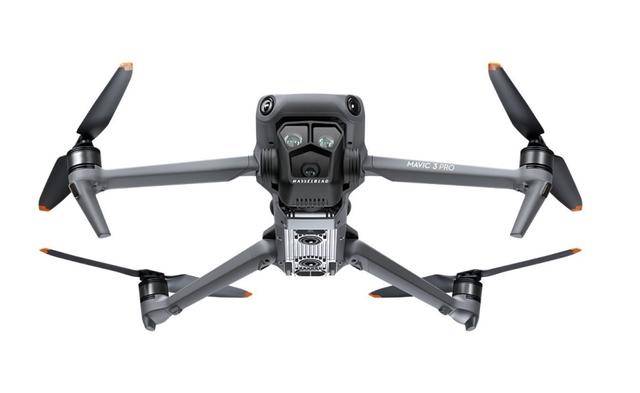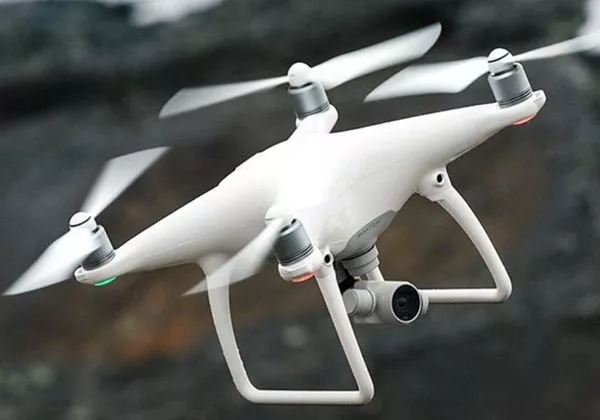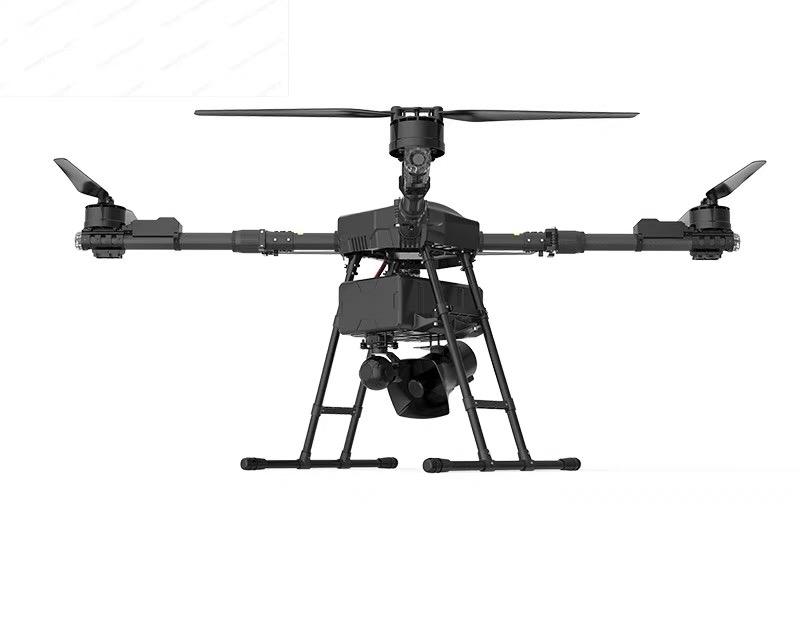Drones: The Culprits Behind Many UFO Sightings?
Drones have become so prevalent that they often account for a significant portion of reported UFO sightings. Equipped with LED lights and capable of impressive maneuvers, these devices can easily be mistaken for extraterrestrial or unexplained phenomena. Enthusiasts often fly drones at night, enhancing their visual impact with multicolored lights, which can lead observers to report mysterious sightings. This has led to speculation and various hypotheses about the true nature of the objects spotted. While some sightings may still remain unexplained, the majority are likely attributed to these advanced flying machines.

The rise of drones has necessitated more sophisticated identification processes to determine the nature of objects in the sky. Both amateur and professional analysts now employ a range of techniques, including high-powered lenses and detailed flight path analysis, to differentiate between genuine UFO phenomena and drone activities. This has sparked a community keen on unraveling the mysteries of the skies, driven by both scientific curiosity and the allure of the unknown.
Historical Perspective: UFO Sightings Never Out of Fashion
Historically, UFO sightings have captivated the imagination, with reports dating back decades. Many of these sightings were later attributed to atmospheric conditions or experimental aircraft, much like today’s drones. The era of drone technology has seen a resurgence in interest as people seek explanations for sightings. The complexities introduced by drones add layers to historical data, sometimes aiding in solving longstanding mysteries. Online platforms, forums, and social communities continue to thrive, discussing the implications of sightings and sharing insights from around the globe. This intellectual exchange fuels the narrative of UFOs and keeps the topic alive amidst modern technological advancements.
Unidentified flying objects have always spurred debate, fueled by eyewitness accounts and sometimes grainy footage, stirring conversations around the world.
Distinguishing Drones from UFOs: Techniques and Challenges

One of the pivotal challenges in the field is distinguishing drones from UFOs amidst overlapping characteristics. Experts are employing infrared cameras, radar systems, and AI algorithms to analyze flight patterns, speed, altitude, and luminosity. By understanding these variables, it becomes possible to establish a clearer picture of what is and isn’t likely to be a drone. Training observers to recognize specific flight behaviors and LED configurations has become an essential part of understanding modern UFO sightings. Continuous improvements in technology promise better clarity but can also create more sophisticated drones that mimic UFO-like appearances.
FAQ Section

How can I tell if a UFO sighting is actually a drone?
Observing patterned lights, consistent flight paths, and hovering capabilities often indicates a drone. Consultation with local drone regulations and amateur tracking can help refine identification.
Do drones pose a threat to aviation safety with mistaken UFO sightings?
While drones can interfere with airspace, regulations require strict compliance to minimize risks, ensuring hobbyists and professionals maintain safe distances from traditional aircraft.
Are there organizations dedicated to distinguishing UFOs from drones?
Yes, several organizations and online forums are devoted to studying aerial phenomena, offering knowledge and tools to help differentiate between drones and genuine UFO sightings.
The intrigue surrounding UFO sightings, particularly in the drone age, highlights the need for comprehensive investigation and open discourse. A blend of enthusiasm and scientific rigor continues to drive interest in unidentified flying objects, raising both questions and possibilities for the future.
